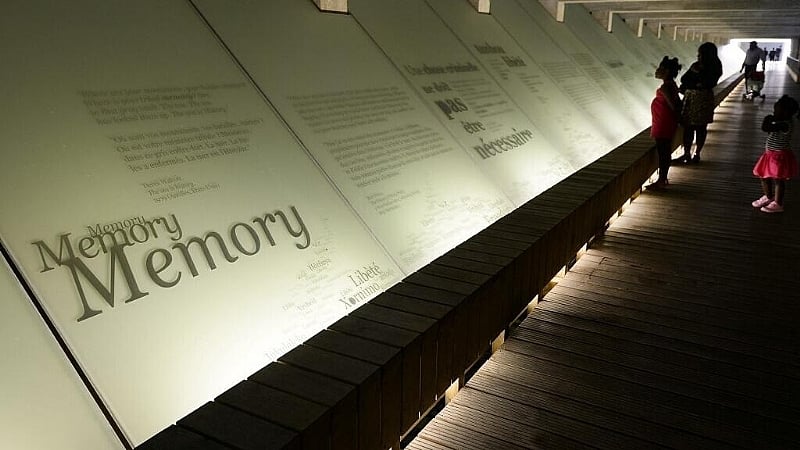
The Court of Cassation, France’s highest court of appeal, has rejected a claim for reparations to be paid to the descendants of people enslaved under the French empire. While France recognises slavery as a crime against humanity, it has so far denied all requests to compensate the relatives of victims.
The appeal was brought by three associations and 23 individual plaintiffs, mostly based in the French overseas territory of Martinique, who argued that slavery had caused “transgenerational harm”.
Their claim had already been rejected by two lower courts, mostly recently in January 2022, which judged that none of the plaintiffs could document instances of damage in their own lives that were directly and definitively linked to the abuses suffered by their enslaved ancestors.
Judges also ruled that the crimes in question were outside the statute of limitations.
The Court of Cassation upheld those judgements in its decision on Wednesday.
‘Missed opportunity’
A lawyer for the claimants, Patrice Spinosi, told French news agency AFP that it was “another missed opportunity”.
His clients, who include the International Movement for Reparations, have been campaigning since 2005 to see a reparations fund established.
They next plan to take their case to the European Court of Human Rights, he said. Their lawsuit has already gone before the European court once before, in February 2020, when the judges ruled their claims admissible.
“The descendants of slaves know that by dint of legal action, one day history will have to prove them right,” Spinosi said. “Time won’t affect the determination of these men and women to get the state to recognise its responsibility for the abuses suffered by their ancestors.”
Crime against humanity
More than a million people were trafficked from Africa to French colonies in the Caribbean and Indian Ocean before France abolished slavery for good in 1848. In 2001, it formally recognised the enslavement and trade of people as a crime against humanity.
Since then, initiatives to commemorate slavery in France’s former empire have multiplied – but all legal claims for reparations have so far been denied.
Separately, the Louvre announced on Wednesday that it would partner with history experts to help commemorate slavery and the struggle to abolish it.
The world’s largest museum has signed an agreement with the French Foundation for the Remembrance of Slavery to organise events, develop educational resources, train tour guides and support research that will shed light on how slavery marked history and the arts in France and beyond.

